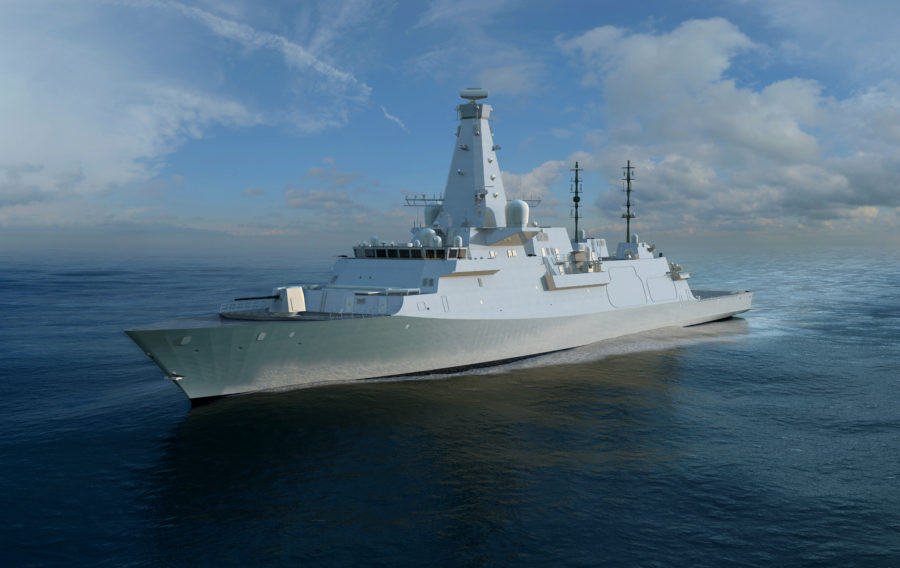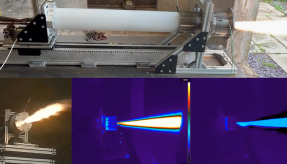
A progressive unified asset health management and risk forecasting tool using state of the art data science and analytical modelling could save front line forces an estimated significant savings if successful.
The two-stage recurrent neural network is being developed by a company called decisionLab and is being sponsored by Joint Forces Command and funded by the MOD’s Defence Innovation Fund through the Defence and Security Accelerator’s (DASA) fast track ‘Revolutionise the human information relationship for Defence’ competition.
Originally developed for the civilian aviation market, this research funding has enabled the product to be redeveloped to be suitable for the military market.
It’s hoped it will in time provide an insight into the future, allowing maintenance engineers to view the status of their systems and the predicted health of that system a day, week, or even a fortnight in advance.
Gripped by this opportunity, the Royal Navy has invested £150,000 in the development of this neural network for exploitation on-board a Type 45 destroyer, and pull through onto the Type 26 – if proven successful.
A Royal Navy ship is incredibly complex, and the Type 45’s systems can record 10 million data points a day. With such a huge and complex dataset, the type of machine learning offered by the neural network will likely have a significant impact on maintenance schedules and support, improving capability, saving money and delivering efficiency.
At present, decisionLab is training their neural network on 1.8 billion lines of Type 45 Platform Management System data. Each day the system gets smarter and more capable, and under current development plans this system will be installed onboard HMS DIAMOND for a trial in the summer. It will allow the user to validate system assumptions and help contextualise events to further train and improve the model.
Lee Packer, Innovation Programme Manager for the Royal Navy, said: “The Defence and Security Accelerator competitions provide the Royal Navy with a unique opportunity to both engage with a broad spectrum of small to medium sized enterprises whom are often new to the Defence market, and to grip technological opportunities from disruptive markets and apply them to Defence problems. This rapid development process, with collaboration at its core, will provide battle-winning capabilities to the hands of the user.”
If you would like to join our community and read more articles like this then please click here.
DASA decisionLab Defence and Security Accelerator Joint Forces Command Royal Navy







